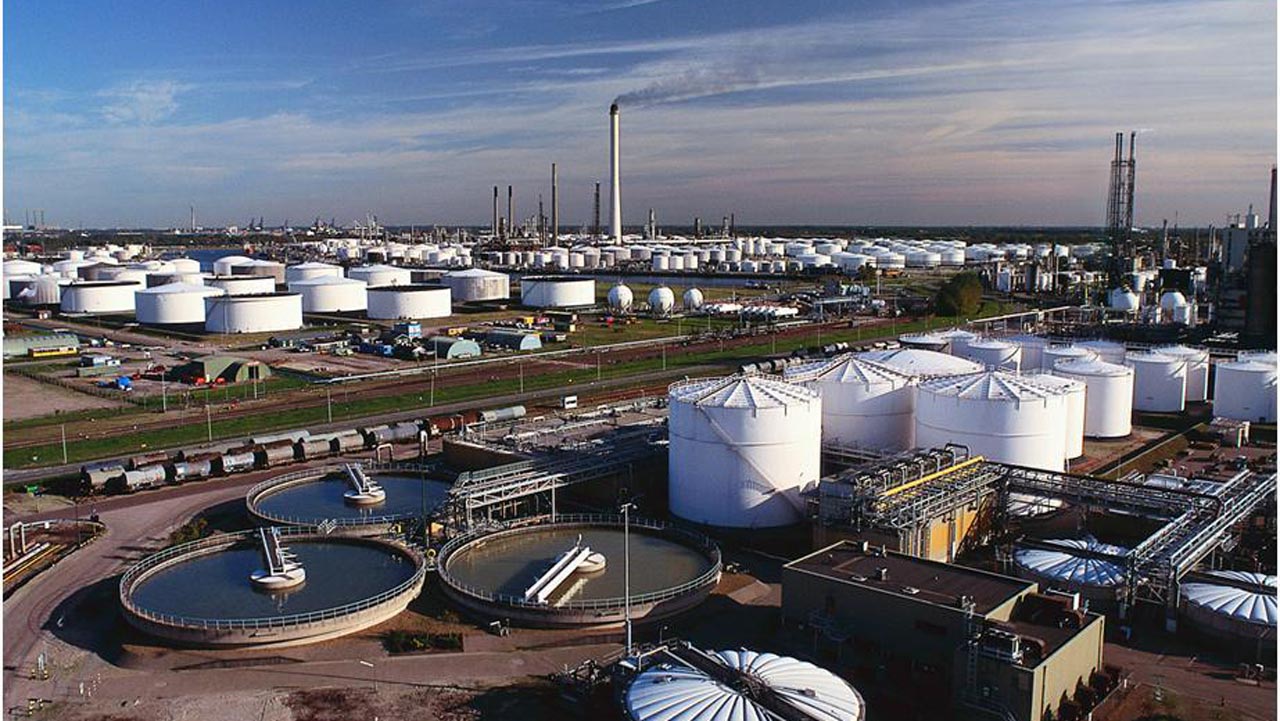
The report the other day that the Federal Government plans to defuse tension in the oil-rich but volatile Niger Delta area by awarding indigenes of the region marginal oil fields, is not just intriguing, it leaves a sour taste in the mouth as it represents another tokenism to which the marginalised region has been historically treated.
According to the strategic peace and conflict resolution plan, the deal is said to be in line with the government’s larger objective of reducing major incidents of restiveness by about 90 per cent by next year. Over the years, there have been agitations over oil resource ownership, which have become intense with reports backed with data that about 90 per cent of deep-water viable oil blocks and marginal oil fields are in the hands of elements from parts of the country other than the oil bearing area.
If the plan comes through, the ownership structure of the nation’s petroleum assets will begin to change hands and subsequently the restive host region, which has for decades suffered economic deprivation and environmental degradation on account of these resources, will be part of the ownership structure. Besides, the security of the assets will be guaranteed, in this connection.
This is the new gospel of peace building in the volatile region, according to the Minister of State, Petroleum Resources, Dr. Ibe Kachikwu, who disclosed the deal recently in Lagos at the Oil and Gas Trade Group Roundtable organised by the Nigeria-British Chamber of Commerce (NBCC). According to the minister, the plan is part of the larger “stability incentive scheme” under “a harmonised holistic development plan for the Niger Delta.”
On the big plan, Kachikwu said: “This will include creating stability incentive schemes – jobs, investments, contracting opportunities for the zone, and the use of marginal fields’ allocations to state governments and indigenes to help reduce tension and get buy-in without excluding the rest of the country.” The minister also promised that government would sustain institutional engagements with stakeholders in the Niger Delta region to nip agitations in the bud, while promising greater transparency in the industry’s operations.
Despite these sweet promises, Nigerians are concerned about the sustainability and viability of government’s efforts to sustain peace process in the area. What is more, while the gesture to include indigenes in the allocation of marginal oil fields seems desirable, how far can such allocations go in this age when the oil industry is facing various strains and stresses in the international market? This gesture, therefore, is mere tokenism when it is considered that it is only the power elite in the region that may be the beneficiaries of the new deal. The same big men in the area have been advocating this sharing formula instead of pursuing a strategic development agenda that will make the Niger Delta region a reference point in the development of critical infrastructure as in Abuja, Nigeria’s capital built from scratch since 1976 with revenue from the Niger Delta area. There are, indeed, no reasons to trust the power elite from the area, as they have been the major drivers of the ad-hoc development plans from OMPADEC through the Niger Delta Development Commission (NDDC) to the Ministry of the Niger Delta Affairs. All of these interventionist establishments have not made much difference in the area.
Unfortunately, at this time when the bait of marginal oil fields is being dangled before Niger Delta’s elite, the future of the oil sector is uncertain as inherent challenges are mounting with volatile prices and disappearing markets. Besides, alternatives to petroleum are being developed and some old buyers (importers) of the products such as the United States have become exporters.
Government can aim for peace in the Niger Delta region, but it should not seek to achieve that without dispensing justice. Without justice and equity for the area, the peace process will not endure.
In the main, the emphasis being placed on oil blocks by the government should be seen for what it is: a blackmail against the Niger Delta people.
Sixteen demands were presented to the President when the area’s elders met the president a few months ago. Some of the major demands included the community’s involvement in oil management, relocation of corporate and operational headquarters of multinational oil companies to Niger Delta, fiscal federalism, among others.
The demand for oil blocks was just a subsidiary. The basis for the subsidiary demand is that over the years when the military was in power, leaders used their discretional powers to award so many oil blocks to certain people while the Niger Delta people who own the oil did not have the same privilege.
The weightier matter of governance is how to dream big for the Niger Delta and all of Nigeria beyond oil resource appropriation, allocation and sharing unjustly by the central government in a warped federal system. Even as posterity or indeed history reserves a harsh verdict for past leaders of Niger Delta extraction who have wasted unlimited opportunities to improve the lot of the people, there should be a realistic and big agenda for the Niger Delta. Above all, political leaders from the area and those who desire peace in Nigeria should also note that the most pragmatic solution that all Nigerians will benefit from is a recourse to (fiscal) federalism that will make regional development plans easier within the context of resource and land ownership in a proper federation.
Nigeria is a member of the Forum of Federation with its headquarters in Canada. But what is practised in Nigeria today is still too far from federalism. It is over-centralisation. And that is why a leader can sit down in Abuja and allocate oil blocks to privileged citizens at his own whim and caprice.
Even if most of the oil blocks are allocated to Niger Delta, that will not bring peace and justice to Nigeria. Only federalism in its purest form can.






